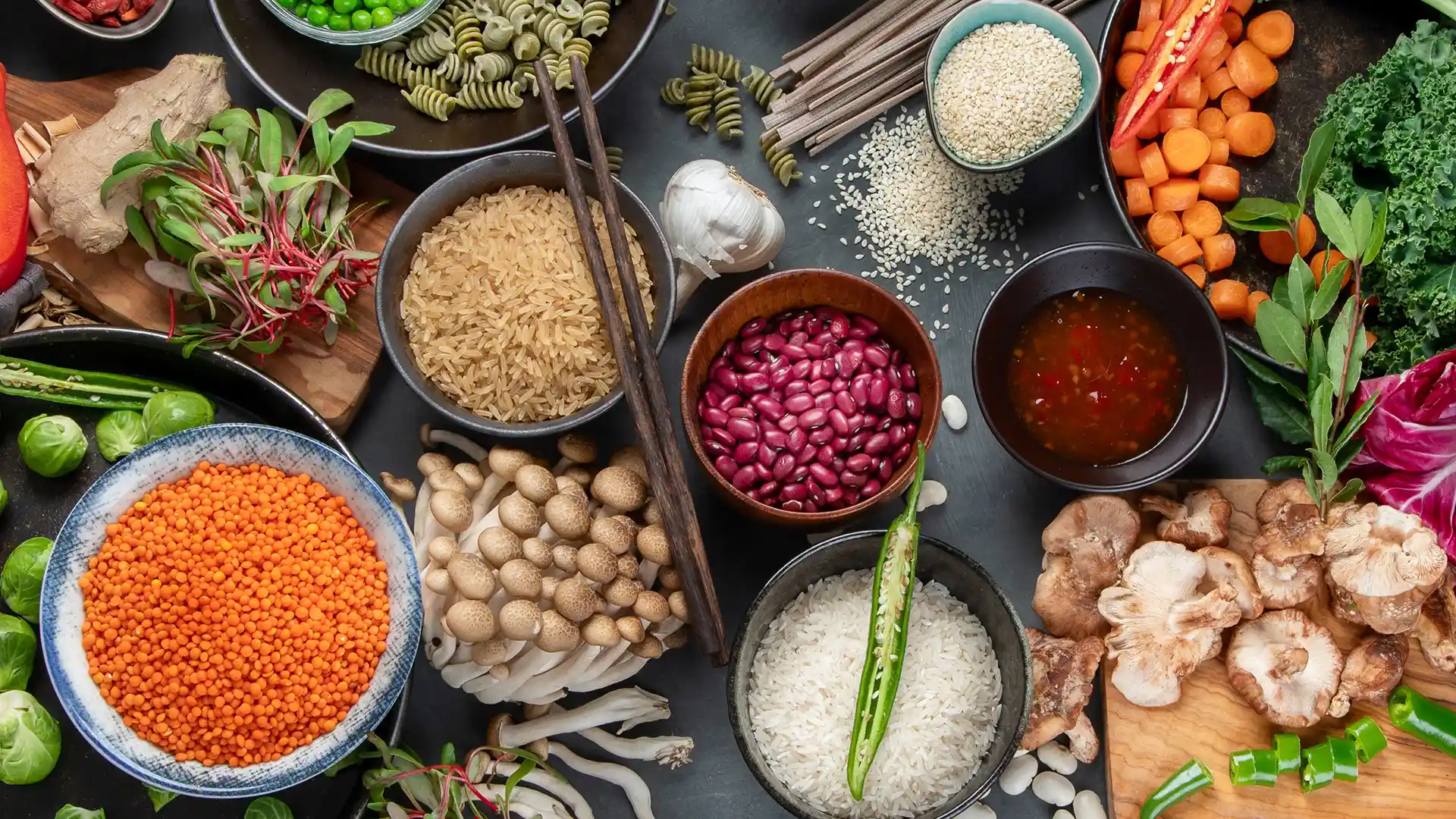Introduction
Vitamin D, the so-called “sunshine vitamin,” is a key to healthy bones, immune health and may even contribute to feeling good. Although sun exposure is the main source, dietary intake is important, especially for vegetarians. Knowing how to include vitamin D in your diet can help you maintain sufficient levels for good health.
The Importance of Vitamin D
Vitamin D helps the body absorb both calcium and phosphorus, important minerals for building bones. It also enhances immune function and helps the body fight off disease. Finally, good stores of vitamin D have been associated with higher spirits and less instances of depression.
Challenges for Vegetarians
It can be tough for vegetarians to meet their vitamin D needs, as most food sources (especially the good ones here) are animal-based. Fatty fish, liver and egg yolk are typical dietary sources, which, of course, are avoided on vegetarian diets. As such, vegetarians should find alternative sources of food to fulfill their nutritional requirements.
Vitamin D-Rich Foods for Vegetarians
- Mushrooms: Some types of mushrooms, such as maitake and shiitake mushrooms, can be a source of vitamin D, particularly if they’re exposed to sunlight. They include ergosterol, which converts to vitamin D in the presence of UV light. Serving mushrooms in soups, stir-fries or salads can also boost your intake of vitamins.
- Fortified Foods: A number of foods are fortified with vitamin D to help people get a certain amount of their daily requirement. Fortified choices include plant-based milk (almond, soy, oat), orange juice, and breakfast cereals. Once they are checked for labels, you want to make sure that these products are fortified with vitamin D2 or D3.
- Cheese and Egg Yolks: For vegetarians who eat dairy and eggs, cheese and the yolks of eggs are a way to include vitamin D in the meal plan. While hardly in great quantities, these sources can contribute to to overall nutritional needs when combined with other sources.
Supplements for Vegetarians
Supplements offer a more consistent method to guarantee you are getting enough vitamin D, as rows of gray skies can lead to reduced sunlight exposure. D2 and D3 are the two primary supplemental forms. Although D3 is commonly from animals, vegan D3 made from lichen is on the market. Talking to a doctor can help to work out an appropriate dosage for a person’s purposes.
Sun Exposure and Vitamin D
Also getting out in the sun is good way of keeping vitamin D levels up. Getting 10 minutes to 30 minutes of sunlight a few times a week can help (depending on skin type, location and time of year). People who live in regions with little sunlight might need to take in more from diet or supplements.
Monitoring Vitamin D Levels
Regular testing of the blood to measure vitamin D levels can help prevent levels from becoming too high or too low. Health professionals can advise on frequency of testing and adjust dietary or supplement intake accordingly.
Balancing Diet and Supplements
A reasonable blend of diet, supplements, and sunlight can help maintain vitamin D levels. Fortified foods and foods that contain vitamin D (such as mushrooms) in everyday meals also help. Supplements can also help fill in any gaps to provide all around support for bone, immune, and overall health.
Potential Health Benefits
Sufficient vitamin D consumption also leads to the following health benefits: Other Health Benefits of Vitamin D You may be interested. It may promote immune function, preventing infections and chronic diseases. Research has also indicated a connection between adequate levels of vitamin D and an improved mood, which could decrease you risk of depression and anxiety.
Conclusion
Having an appropriate level of vitamin D is one of the concerns of vegetables, who need to think carefully about their diet and supplements. Through the addition of vitamin D- rich foods and mindful consumption of fortified products, and supplements if needed, vegetarians can meet their health effectively. With careful monitoring and a sensible approach, vitamin D requirements can be met, leading to greater health and longevity.

